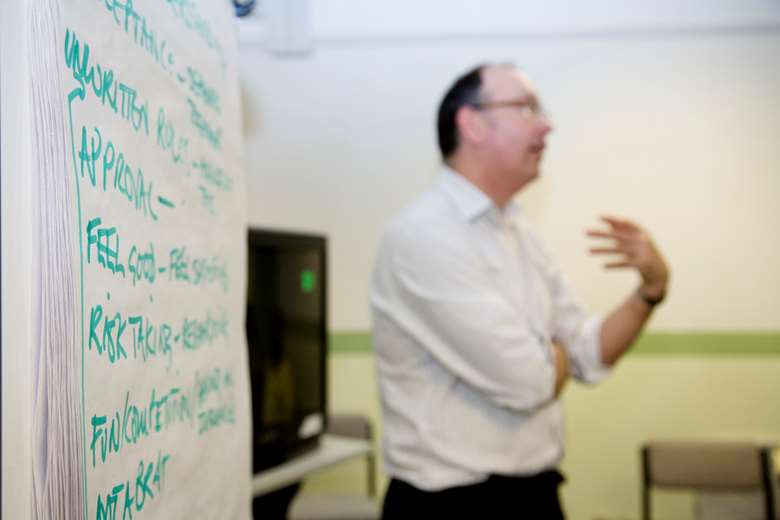Framework set to improve councils' response to harmful sexual behaviour by children
Joe Lepper
Wednesday, April 22, 2015
A group of charities, youth justice agencies and council leaders have come together to tackle the lack of support for children who display harmful sexual behaviour (HSB).

The collaboration, which is led by the NSPCC and includes the Local Government Association and the Youth Justice Board, has developed a “national operational framework” that it hopes will see local authorities develop more consistent and improved practice when dealing with HSB children.
The document, which is to be available from June and is aimed at senior children’s services managers and local safeguarding children boards (LSCBs), makes the case for intervening early, offering specialised support to children with HSB and the importance of sharing information.
It is to be piloted in England, but the group hope an online version will be made available UK-wide from early next year.
Around six to 10 councils will also take part in an evaluation of the document, which will help develop it further.
Pat Branigan, NSPCC sexual abuse development manager, says the pilot is needed as there is no national strategy for tackling HSB and many children are being left with poor access to support.
He said: “What we are seeing is a lack of support and a lack of strategic approaches that are based on evidence. This framework will fill that gap.
“Councils also told us there was a lack of appropriate training and inconsistent responses where, for example, one school may exclude a child and another may not.”
A report on HSB by children published last year by Research in Practice highlighted inadequacies with local services, such as a lack of assessment tools for pre-adolescent children and a lack of confidence among practitioners, which often lead to unco-ordinated and fragmented responses.
Branigan urged the next government to prioritise implementing a national strategy on tackling HSB.
He said: “Despite repeated calls over that time nothing has been forthcoming. The problem is that it falls between the gaps in several departments, including the Ministry of Justice and Department of Health.”
The document also includes an audit tool to help councils and LSCBs assess their current resources and responses to HSB in children. “This will help develop an action plan and find out where there are gaps and what is being done,” added Branigan.
Possible outcomes could include improved training for frontline children’s professionals such as teachers in spotting HSB. It could also lead to commissioning or developing in-house support such as therapy, although the document takes into account that councils are working “with ever-diminishing budgets” Branigan added.
Myth-smashing around HSB is another goal of the framework document. Branigan said: “There is a view that children with HSB are mini-paedophiles. But the data does not show that. Instead is shows that if they do reoffend it is not sexually, instead it is predominantly theft.”
Latest research in the document estimates that a third of all sexual offences in the UK are committed by a child or young person under 18. This includes incidents in school such as using sexualised language as well as more serious offences such as rape or sexual assault.
The majority of children with HSB are boys and indicators can include coming from families blighted by domestic violence or substance abuse.
Others involved in developing the framework document include Action for Children, sexual health charity Brook, Barnardo’s and the Child Exploitation & Online Protection Centre.




